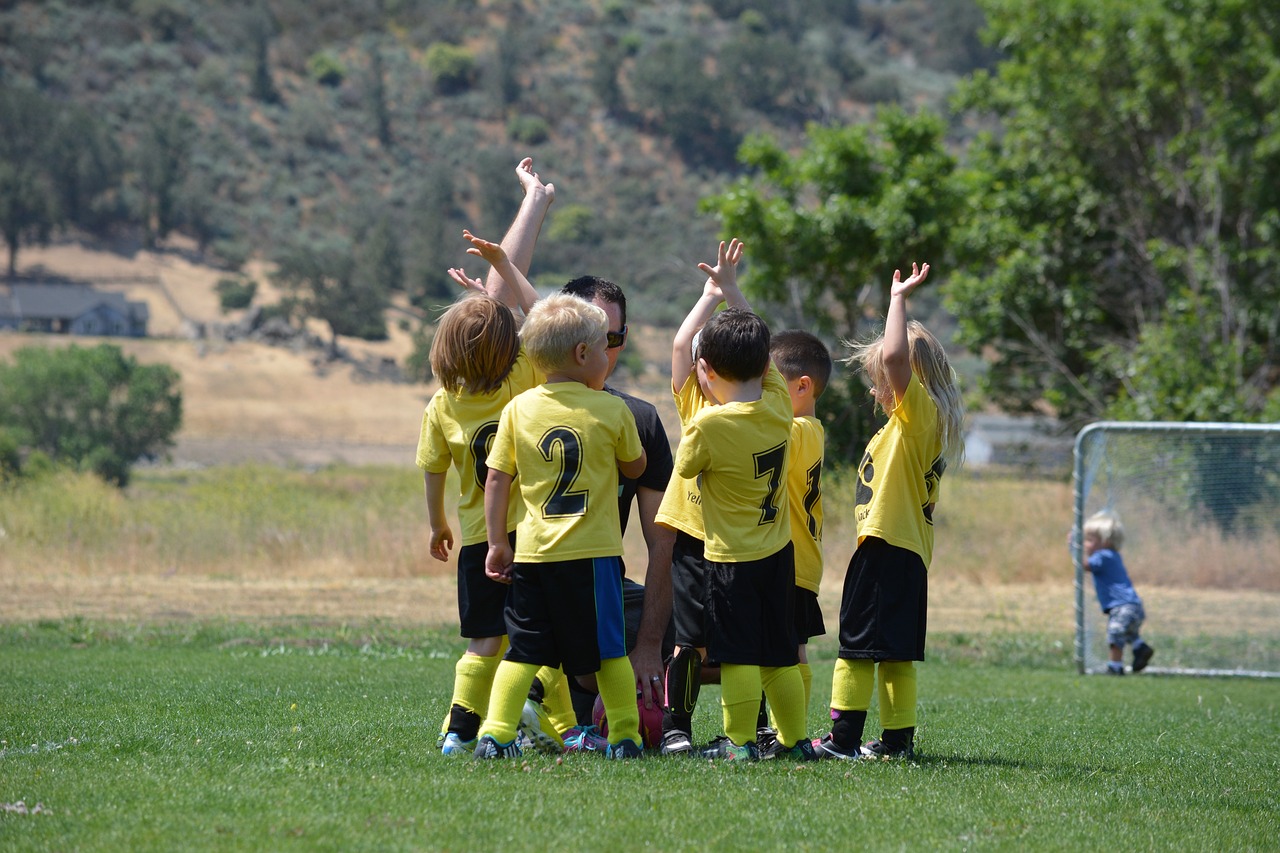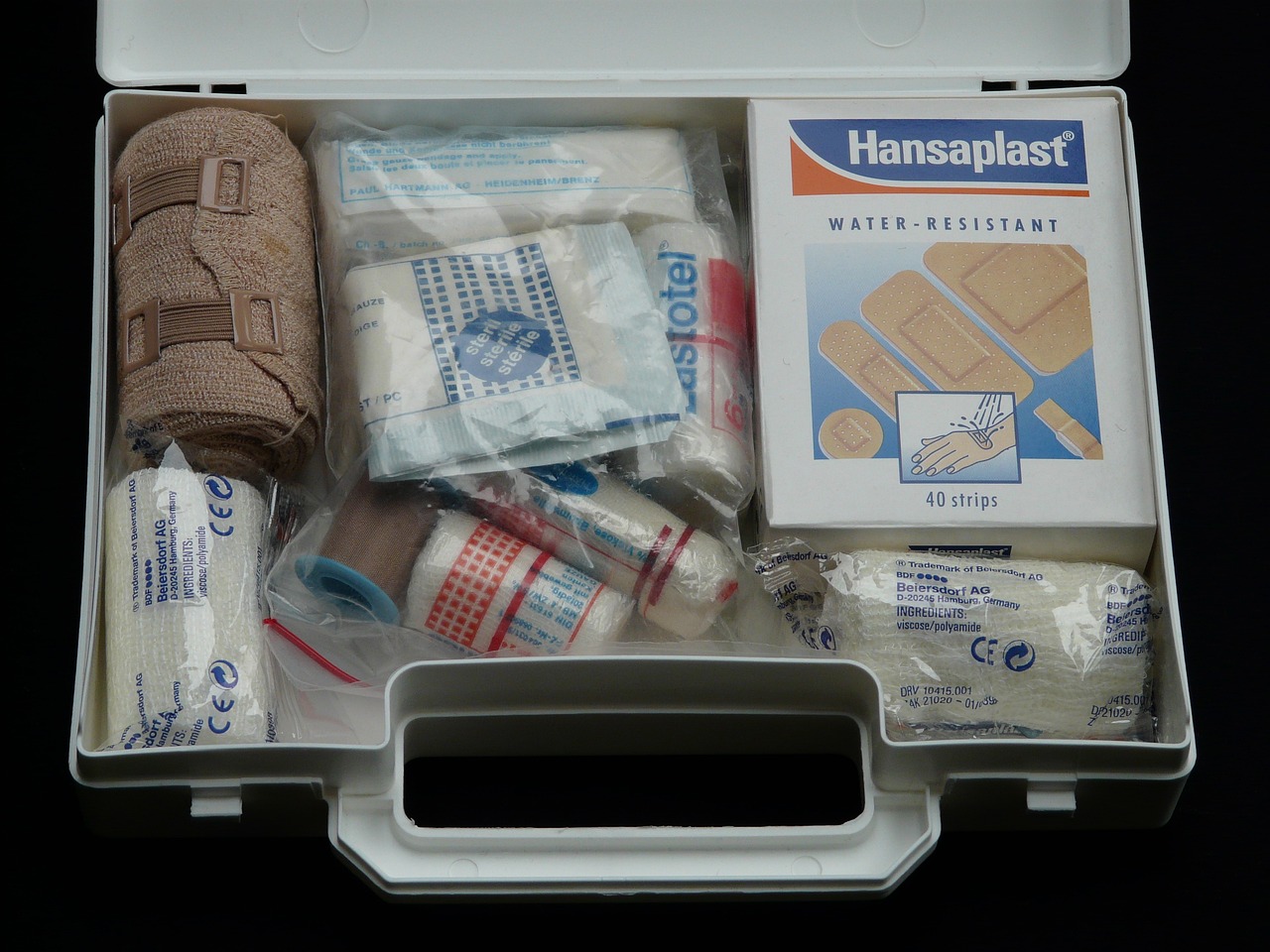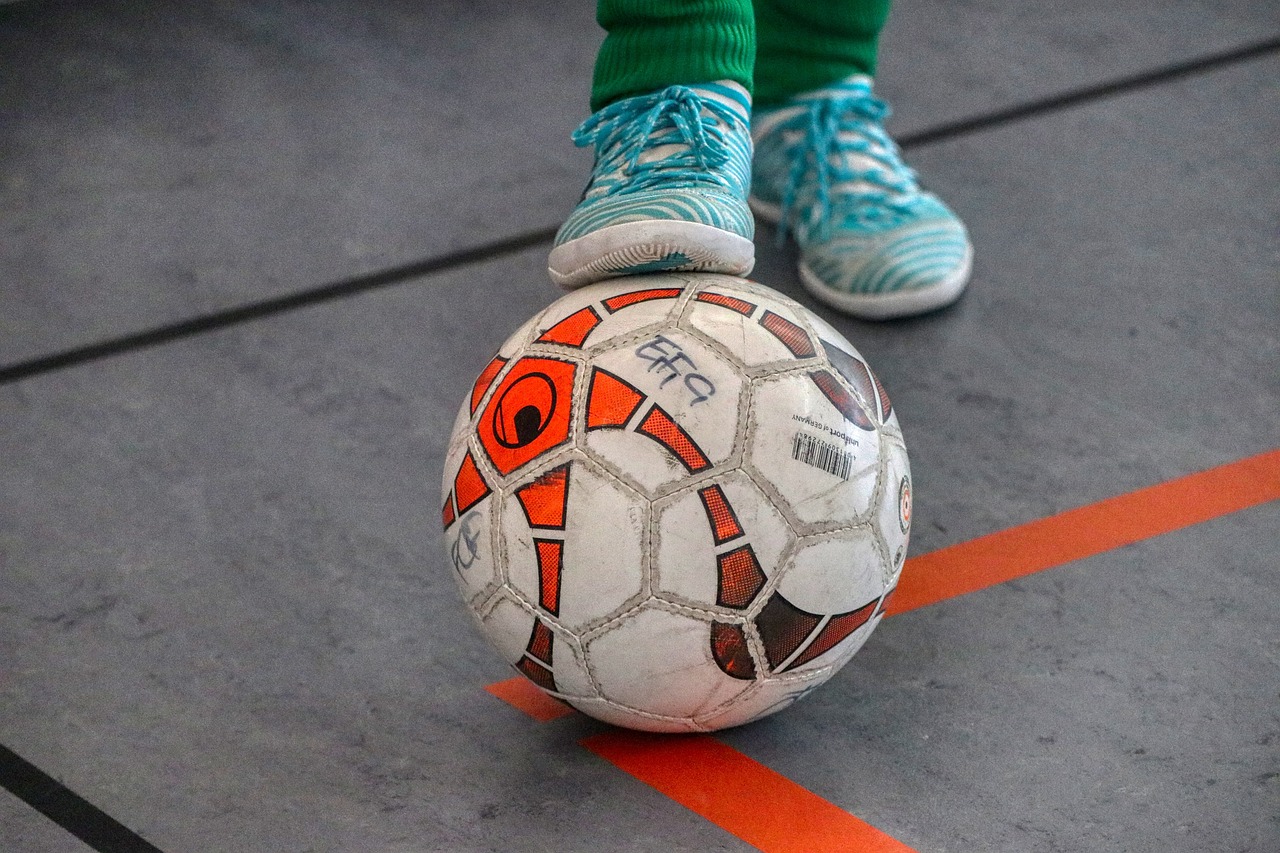Creating a strong, united team is about more than just winning games. The relationships your players build with one another can have a lasting impact, teaching them teamwork, empathy, and mutual respect. Team bonding activities help players develop these connections, leading to a more supportive and effective team. Here are eleven tried-and-true methods for fostering unity and trust among your players.
1. Encourage Inclusivity in Your Team
Begin by getting to know the players’ backgrounds—such as the schools they attend or where they live—to identify any who might feel left out. Encouraging carpooling among those in the same area or setting up connections between new teammates can help bridge these gaps and promote inclusion.
2. Dedicate Practices to Team Bonding
Sometimes, setting aside regular practice for fun, team-building exercises can make a big difference. Host a “game night” practice, incorporating games like soccer tic-tac-toe, soccer golf, shooting challenges, and relay races. These types of activities give players a chance to relax, bond, and just have fun together, all while reinforcing important skills in a low-pressure setting.
Remember, having fun—no matter the players’ age—can go a long way in building team spirit and camaraderie. Don’t underestimate the power of play in creating lasting bonds and improving team morale.
3. Schedule Team Outings
Attending sports events together as a team can be both inspiring and affordable. Plan outings to professional games on family discount nights, or look for nearby college games. These outings give players a chance to connect outside of their regular practice environment and experience the thrill of the game as spectators.
4. Balance Challenging, Fun, and Travel Tournaments
Entering a mix of both easy and difficult tournaments provides a balanced experience for the team. Fun tournaments allow players to relax, enjoy the game, and feel successful, while challenging tournaments help them work together under pressure. Travel tournaments, in particular, are powerful for team bonding, as players spend extended time together, sharing meals, staying in hotels, and creating memories off the field. Facing challenges as a team strengthens bonds and builds resilience, as long as the experience remains supportive and positive.
5. Reinforce the Team’s Role in Wins and Losses
Make it clear that every player contributes to the team’s success. Highlight each role in a successful play so that all players understand how they contribute. For example, if a forward scores, point out the midfielder who passed the ball or the defender who made the initial play. This helps avoid inflated egos and reminds players that every position is valuable.
6. Mix Up Groups in Practice
Allowing players to sometimes choose their own partners or groups gives them a chance to bond with their close friends, while occasionally mixing up the groups encourages connections across the whole team. This balance helps players expand their social circles and fosters camaraderie with everyone.
7. Promote Constructive Feedback and Empathy
Encourage players to give each other constructive feedback, focusing on what their teammates are doing well and offering supportive suggestions. Emphasize that they should think about how they can best support each other, whether it’s getting open for a pass or offering encouragement after a mistake. Practicing empathy on the field helps build a stronger and more understanding team.
8. Emphasize Sportsmanship
Good sportsmanship is non-negotiable. Players are expected to shake hands with other teams, respect each other, and embody a team spirit both on and off the field. Let them know that being a good teammate is a requirement for being part of the team.
9. Support Players Outside of Soccer
When possible, attend events that your players are involved in outside of soccer, especially if they’ve extended an invitation. Whether it’s a school play, a music recital, or a science fair, showing up for your players at these events reinforces that you care about them as individuals, not just as athletes. It strengthens the bond between coach and player and demonstrates to the team that they’re valued beyond their performance on the field.
10. Keep Parents Involved
Parents are powerful allies in building team morale. Regular communication with parents helps keep them engaged and invested in the team’s goals. When parents support the team, players are more likely to view the team environment as positive, which fosters mutual respect among players, parents, and coaches alike.
11. Host an End-of-Season Celebration
End the season with an event that fosters genuine connection. Instead of a movie or arcade, choose activities that encourage interaction, like a “Parents vs. Players” game. Players love the chance to challenge their parents, siblings, and coaches on the field, and a potluck adds a festive, community-focused feel to the event. This celebration reinforces that your team is more than just a group—it’s a family.
Let Time Build Connections
Sometimes, team bonding happens naturally over time. As players continue practicing and competing together, they gradually form stronger bonds and a sense of unity. By creating opportunities for bonding and reinforcing sportsmanship and empathy, you’re helping your players grow not only as athletes but also as supportive, respectful individuals. Be patient and allow these relationships to develop organically.




